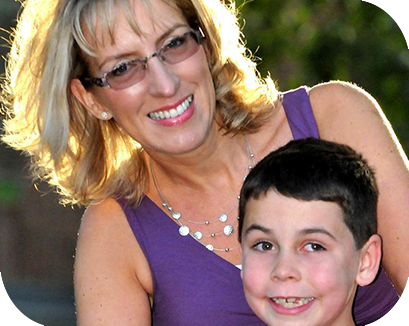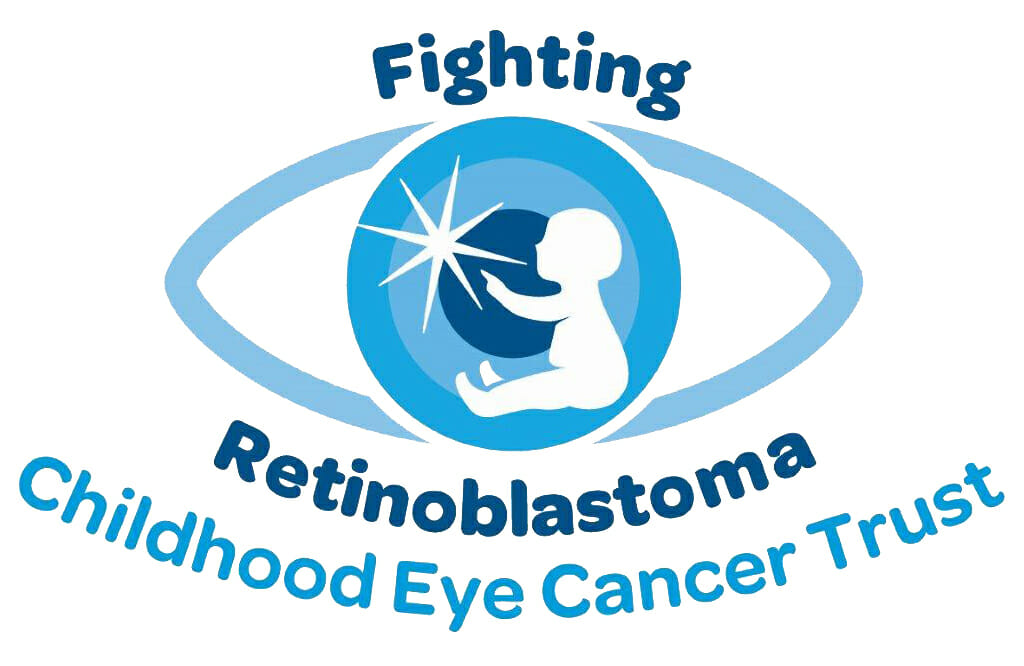Blog

Rare Diseases Day
Posted: Thursday 28th February
Rare Disease Day takes place on the last day of February each year. The main objective of Rare Disease Day is to raise awareness amongst the general public and decision-makers about rare conditions and diseases and their impact on patients' lives. Building awareness of these conditions is so important because 1 in 20 people will live with a rare disease or condition at some point in their life. Despite this, there is no cure for the majority of these and many go undiagnosed. Rare Disease Day improves knowledge amongst the general public while encouraging researchers and decision makers to address the needs of those living with them.
This year, we will focus on two rare eye conditions which affect our patients here at Rawlings.
Retinoblastoma is an eye cancer which affects babies and children and it is a rare eye disease that still causes childhood deaths in many parts of the world. Death from retinoblastoma is rare in the UK but as it is often diagnosed late most children who are diagnosed with retinoblastoma have to have one or both of their eyes removed to prevent the cancer from spreading. Early detection of retinoblastoma tumours can mean that other treatments such as chemotherapy and radiotherapy can save the eye as well as the life. The common signs of retinoblastoma are a sudden onset of a squint (turn) in the eye, a white or milky pupil, or a change in the colour of the eye. As the child will appear healthy in all other ways, sometimes the urgency of referral needed is not appreciated holding up the vital treatment required. The Childhood Eye Cancer Trust (chect.org.uk) is a charity dedicated to helping families and individuals affected by retinoblastoma, a rare form of eye cancer providing support, raising awareness and funding research into prevention and treatment. Rawlings has held fundraising events for CHECT since our Optometrist, Rachael Smith’s nephew was diagnosed with this eye cancer in 2009 – happily, he is now a strapping healthy 14 year old!

Nystagmus is an eye condition, which causes the eyes to continually shake, wobble or move (usually from side to side) from birth or soon after. This is sometimes connected to other conditions such as ocular albinism where there isn’t enough pigment at the back of the eyes, but often it occurs in isolation. Children with nystagmus do not develop full visual function, their vision is blurry which can affect their ability to drive and they may need additional support at school. The Southampton charity Gift of Sight (giftofsight.org.uk) has established itself as one of the leading nystagmus research groups in the UK, led by Mr Jay Self, and now runs one of only three dedicated eye movement clinics in the UK receiving referrals from other UK hospitals. At the start of Jay's work, no nystagmus causing genes had been identified and few groups were looking at this particular eye disease. Jay's research team have put together a short video explaining some of their current research.
Donations can be made via the CHECT website here or gift of sight website here.


< Back




